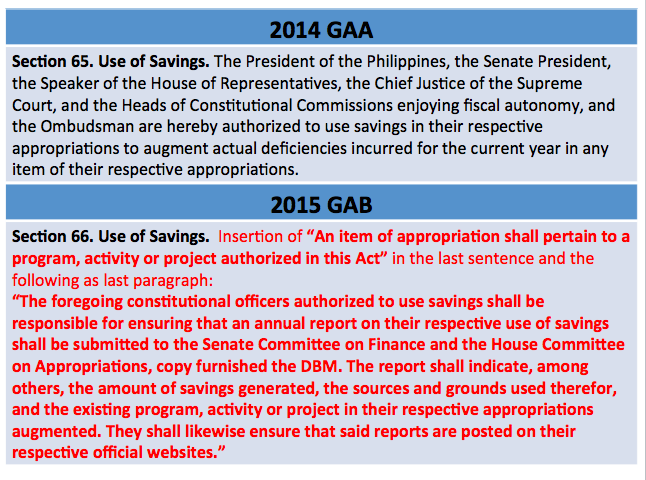Gov’t resorting to puny excuses to justify Cybercrime Law – youth solon #cybercrimelaw #pifa
This is a statement from Kabataan Partylist.
The government is now resorting to “puny excuses” to out-rule the temporary restraining order (TRO) issued by the Supreme Court against Republic Act No. 10175 or the Cybercrime Prevention Law of 2012, according to Kabataan Partylist Rep. Raymond Palatino.
“The Aquino administration is bitch-slapping the people by renewing its efforts to lift the TRO versus the the Cybercrime Law – a law which could potentially infringe the basic rights of the people – on the same day that the world is celebrating the International Human Rights Day,” Palatino said.
Yesterday, the government issued a 148-page comment through the Office of the Solicitor General, asking the SC to lift the TRO on the 15 petitions contesting the Cybercrime Law, citing the lack of evidence “for or against the validity of [the] challenged statute.”
“With the strong opposition against the Cybercrime Law, the government has been put on the defensive. With the administration having nothing to back up this punitive law, the government is now resorting to puny legalese excuses which can easily be debunked,” said Palatino, who filed a separate petition for the TRO against RA 10175 last October, along with academics, student leaders and netizens.
“In the petition we filed, for example, we have clearly explained that all the requisites for the exercise of judicial review are present, including the presence of an actual case or controversy,” Palatino explained.
In the petition docketed as G.R. No. 203391, Palatino and other petitioners explained the grounds for the validity of the petition .
“The petitioners are all Internet users, who either participate, write, comment or post in blogs, websites and pages, social media networks or publish articles online in different websites and pages for public viewing. Upon the effectivity of R.A. No. 10175, all their online articles, posts, comments and similar writings remain on the Internet. Some of these online articles, posts, comments and similar writings that remain on the Internet cannot be voluntarily removed or taken down on their. As a result of these online articles, posts, comments and similar writings, some or many of which may be critical of public personalities or officials, the petitioners may be subject to criminal prosecution under Secs. 4(c)4, 5, 6 and 7, and enforcement proceedings under Chapter IV upon the effectivity ofR.A.No. 10175,” a portion of the petition read.
Palatino also debunked the OSG’s claim that RA 10175 does not necessarily regulate free speech. “I believe that we have succinctly explained in the past how RA 10175 can be used to harass and silence critics,” the youth solon said.
“In the end, we remain firm in our stand that the Cybercrime Law is a punitive law, and therefore should be declared unconstitutional,” he added.
57 days before TRO expires
Meanwhile, Palatino also pointed out that there are only 57 days before the Cybercrime TRO expires, and “Congress has not moved an inch to do anything about it.”
“There are only about five session days before Congress takes a break for the holidays. And the repeal law against RA 10175 has not even been heard at the committee level,” Palatino said.
Last October, Palatino filed House Bill 6613, which seeks to repeal Sections 4(c)4, 5, 6, 7 and the whole Chapter 4 of the Cybercrime Prevention Act or Republic Act 10175.
Sections 4(c)4, 5, and 6 of RA 10175 relate to online libel, and are unconstitutional due to its vagueness, the youth solon explained. Meanwhile, Chapter IV of RA 10175 is also unconstitutional for violating constitutional due process, Palatino said.
“Two months have passed since the Supreme Court’s issuance of a TRO against the Cybercrime Law, which we see as a cue for Congress leadership to expedite the processing of repeal bills now filed in both chambers of Congress,” Palatino said. “However, Congress leadership is seemingly uninterested in the passage of the said bill,” he added.
“It is the task of Congress to ensure the immediate passage of legislations essential for the protection of civil liberties. Time is ticking, and we should act or forever be judged as betraying the public’s trust,” Palatino ended.

